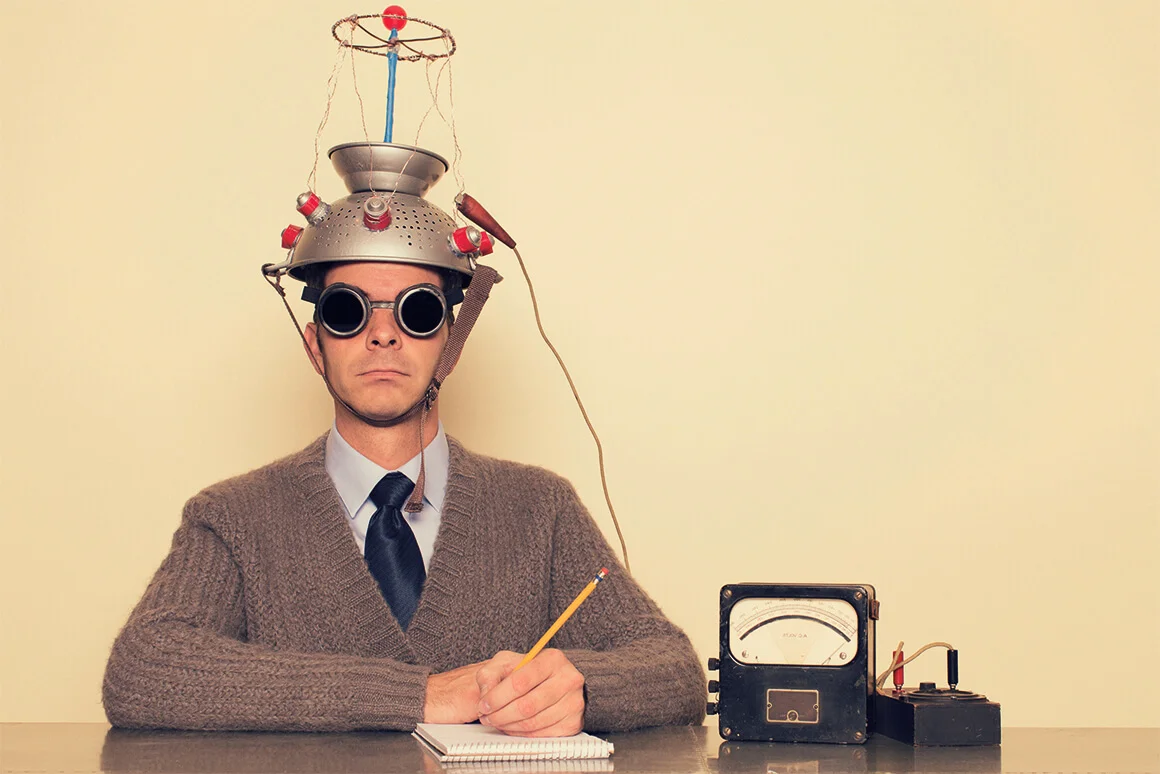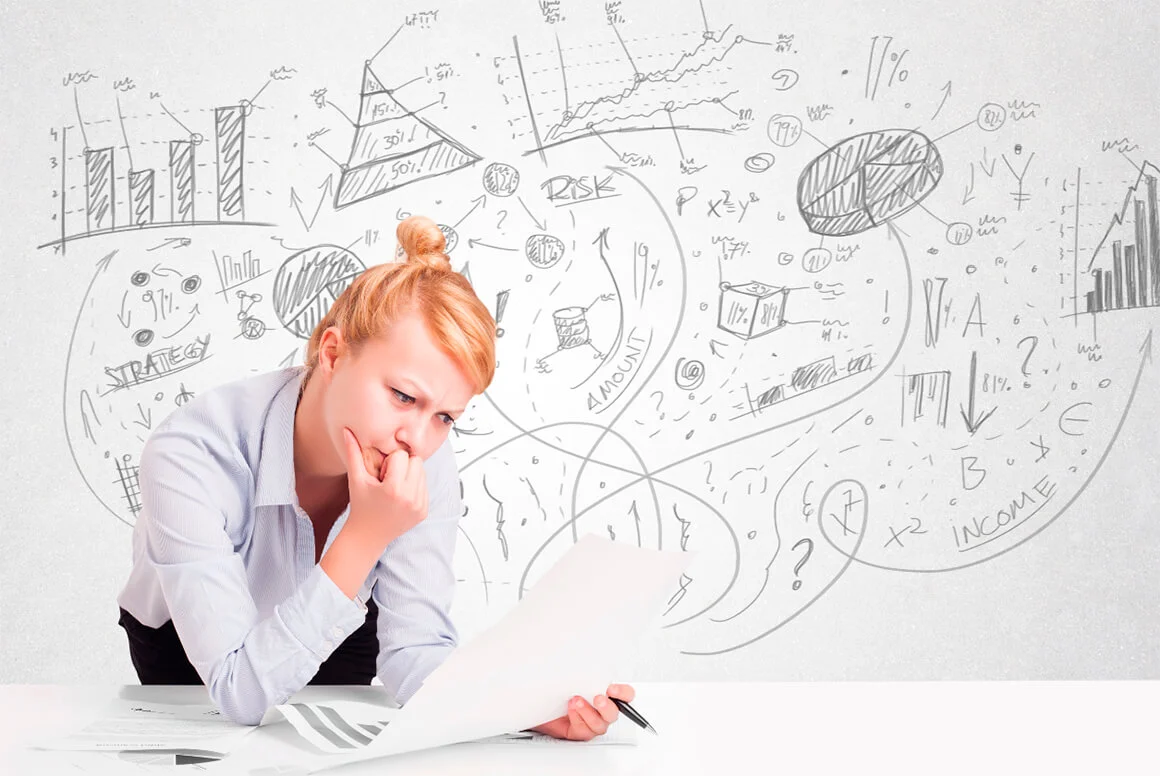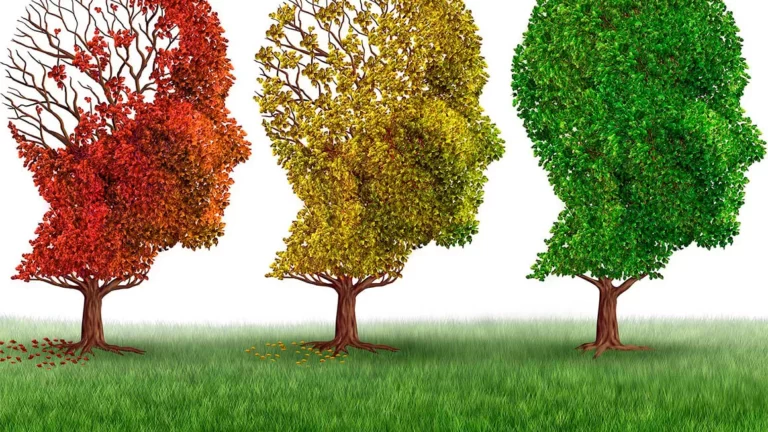Psychotechnique is a direction in psychology that includes methods and techniques aimed at consciously managing one’s consciousness, behavior, and emotional state. These are tools that allow for interaction with an individual’s inner world, thereby influencing their external behavior and reactions.
Psychotechnique is based on the study and practical application of the mechanisms of human mental activity. It includes a variety of approaches and methods, such as meditation, self-hypnosis, various breathing practices, techniques of self-analysis and self-awareness, as well as methods of psychological training and art therapy.
The goal of psychotechnique is to enable a person to more effectively manage their thoughts, emotions, and behavior, improve their quality of life, learn to cope with stress, enhance interpersonal relationships, and increase personal and professional effectiveness.

History of the Emergence and Development of Psychotechnics
The history of psychotechnique traces its roots back to ancient times, when people practiced meditation, breathing exercises, and other methods to influence consciousness. However, as a systematic field, psychotechnique began to develop relatively recently.
In the 19th century, during the industrial revolution, there arose a need to improve work efficiency and productivity. This led to the emergence of scientific management and engineering psychology, which sought methods to optimize work processes. Psychotechnique began to evolve in this context as a means of managing human resources.
However, psychotechnique truly flourished in the 20th century thanks to the work of psychologists and psychiatrists such as Carl Jung, Abraham Maslow, Carl Rogers, and others. They studied the mechanisms of consciousness and developed methods of self-awareness and self-development. During this period, the foundations of humanistic and transpersonal psychology were established, actively applying psychotechniques.
At the end of the 20th and beginning of the 21st centuries, interest in psychotechniques increased with the spread of mindfulness practices, yoga, meditation, and advancements in neuropsychology demonstrating the effectiveness of these methods.
Today, psychotechnique is a rapidly developing field that encompasses a variety of methods and techniques applied across diverse domains—from psychotherapy and personal growth to business and sports.

The Basic Principles and Methods of Psychotechnique
Psychotechnique is based on several key principles:
- Self-observation and self-awareness: Psychotechniques involve actively engaging individuals in the process of understanding their internal state, thoughts, emotions, and behaviors.
- Autonomy and self-management: The goal of psychotechniques is to provide individuals with tools to manage their state, improve their quality of life, and achieve their goals.
- Goal-oriented approach: Psychotechniques are designed to address specific tasks or problems, such as improving concentration, reducing stress levels, enhancing interpersonal relationships, and so on.
- Systematic practice: Psychotechniques require regular and consistent practice to achieve desired results.
Among the primary methods of psychotechnique are:
- Relaxation and stress management techniques: These include breathing exercises, progressive muscle relaxation techniques, deep relaxation techniques, etc.
- Self-awareness and self-discovery techniques: This category includes various forms of meditation, autogenic training methods, mindfulness practices.
- Cognitive techniques: These include methods of cognitive restructuring, problem-solving techniques, memory and attention training methods.
- Emotional intelligence techniques: Techniques for managing emotions, developing empathy, impulse control, etc.
- Personal development and self-improvement techniques: These can include goal-setting methods, motivation development, working on self-esteem, assertiveness techniques, etc.
Psychotechnique encompasses a broad spectrum of methods that can be adapted to meet the individual needs and goals of each person.

Research and Scientific Evidence of the Effectiveness of Psychotechnics
Research and scientific evidence demonstrate the effectiveness of psychotechnique in several areas:
- Stress management: Many studies show that relaxation techniques and meditation help reduce stress levels and improve quality of life. For example, a study conducted in 2013 at Johns Hopkins University demonstrated that meditation is effective in combating symptoms of anxiety and depression.
- Enhancement of concentration and attention: Techniques aimed at training attention, such as mindfulness meditation, contribute to improved concentration and focus. A study published in the journal “Consciousness and Cognition” in 2010 indicated that mindfulness meditation enhances attention and memory function.
- Improvement of self-esteem and self-awareness: Techniques involving self-reflection and self-analysis help enhance self-esteem and self-awareness. Research published in the journal “Psychotherapy Research” in 2011 showed that self-observation improves self-awareness and leads to positive changes in behavior.
- Enhancement of interpersonal relationships: Certain psychotechniques aid in improving interpersonal relationships, particularly emotional intelligence techniques. A study conducted at the University of Illinois in 2011 demonstrated that training and developing emotional intelligence improves interpersonal relationships and social skills.
It is important to note that the effectiveness of psychotechniques varies depending on the specific issue or goal, as well as individual characteristics. Furthermore, psychotechniques require regular practice and may not be suitable for everyone.
Therefore, before starting psychotechnique practices, it is recommended to consult a qualified professional—such as a psychologist or psychotherapist—who can help choose the most appropriate methods and teach how to apply them correctly, considering your individual characteristics and current mental state.

Application of Psychotechniques in Everyday Life
Psychotechniques can be effectively integrated into everyday life for stress management, improving concentration, and regulating emotions. Relaxation techniques such as breathing exercises or meditation help reduce stress levels and enhance sleep quality. Mindfulness techniques aimed at training attention can improve productivity at work or in studies.
In the realm of interpersonal relationships, psychotechniques aid in developing emotional intelligence and enhancing communication skills. Practices of self-reflection and self-understanding can assist in better understanding one’s emotions and behaviors, as well as in developing more effective coping strategies for conflicts.
Stress and Emotion Management
Managing stress and emotions is a crucial skill that can significantly enhance quality of life. Here are some psychotechniques that can be used for this purpose:
- Relaxation techniques: breathing exercises, progressive muscle relaxation, meditation, or yoga. These techniques help reduce tension in the body and promote relaxation, thereby lowering stress levels.
- Mindfulness techniques involve focusing on the present moment without judgment. This helps reduce rumination or constant negative thinking often associated with stress.
- Emotion management techniques: practices of self-awareness and self-observation help understand emotions and reactions better. Cognitive reframing techniques can also be used to change negative or destructive thoughts that trigger negative emotions.
- Self-soothing techniques: visualization, positive affirmations, or self-comforting methods to overcome negative emotions.
Enhancement of Concentration and Attention
Enhancing concentration and attention is another area where psychotechniques can be particularly beneficial. Here are some techniques:
- Mindfulness meditation involves various practices that focus attention on specific stimuli such as breath, sound, or an object. This trains attention and improves the ability to concentrate.
- The Pomodoro Technique is a time management method that involves alternating short periods of intense work with short breaks. This approach helps improve focus and reduces fatigue.
- Memory and attention training exercises: specific exercises aimed at improving working memory and attentiveness. These can range from simple tasks like memorizing word lists to more complex puzzles or spot-the-difference tasks.
- Exercises focusing on specific objects, sounds, or even thoughts help improve the ability to focus and ignore distractions.
- Healthy Lifestyle: Proper nutrition, regular physical exercise, and adequate sleep also contribute to improved concentration and attention.
By applying these techniques and approaches, you can enhance attention and concentration. It’s important to remember that consistent practice is necessary, and results may not be immediate.
Development of Self-Reflection Skills
Developing self-reflection and self-esteem skills is a key aspect of personal growth and self-improvement. Here are some psychotechniques that can help:
- Journaling: recording thoughts, feelings, and experiences helps gain insight into reactions and thought patterns. This helps identify patterns or tendencies in one’s behavior or attitude that can be both beneficial and harmful.
- Mindfulness meditation helps deepen self-understanding. This practice involves focusing on the present moment and fully accepting one’s feelings and thoughts.
- Feedback: seeking feedback from others provides an external perspective on your behavior and skills. This can be particularly helpful in improving self-esteem.
- Self-observation: strive to notice your reactions and feelings in different situations. This helps better understand how you respond to specific stimuli and why.
- Self-analysis: ask yourself why you do what you do, and what it says about your values, beliefs, and goals. This helps develop a clearer understanding of yourself.
Remember, self-reflection and self-esteem are processes that require time and practice. Be patient and kind to yourself on this journey of self-discovery.
Improvement of Interpersonal Relationships and Communication
Improving interpersonal relationships and communication is another area where psychotechniques can be highly beneficial. Here are some of them:
- Active listening: this technique involves fully focusing on the speaker, reflecting their words and feelings, and refraining from interrupting or making biased judgments. It helps improve mutual understanding and strengthen relationships.
- Conflict management techniques include negotiation skills, such as asserting your needs and feelings without aggression or blame, as well as seeking compromises and solutions that satisfy both parties.
- Self-awareness and self-reflection: understanding your feelings, thoughts, and behaviors enhances communication and relationships. It helps better understand how you influence others and how others influence you.
- Empathy: the ability to understand and share feelings with another person. Empathy can be enhanced through role-playing, reading literature, or watching films that offer different perspectives on interpersonal relationships.
- Assertiveness: expressing your feelings, thoughts, and needs openly and honestly, while respecting others. This may include assertiveness training, feedback skills, and the ability to say “no”.

Limitations and Warnings
Despite the many benefits of psychotechnics, it is also important to consider their limitations and potential risks. Here are some of them:
- Not a Substitute for Professional Help: Psychotechnics can be a useful tool for self-improvement, but they should not replace professional medical or psychological help, especially in the case of serious or chronic conditions such as depression or anxiety.
- Incorrect Practice Risks: Improperly performed psychotechnics without proper guidance can cause discomfort or even harm. For example, incorrectly executed breathing exercises can lead to dizziness or fainting.
- Lack of Scientific Research: Some psychotechnics are not well-researched, so their effectiveness may vary. It is important to think critically and seek reliable sources of information when exploring new self-improvement techniques.
- Time and Patience: Mastering psychotechnics requires a significant amount of time and effort. It is also important to remember that results may not be immediate. Be consistent and patient.
- Individual Differences: The effectiveness of psychotechnics can vary depending on individual characteristics such as age, gender, health, life experience, and many other factors.
- Physical Conditions: Some psychotechnics, especially those involving physical or breathing activities, may not be suitable for certain physical conditions or illnesses. If you have chronic illnesses or specific health conditions, it is always necessary to consult with a medical professional before starting a new psychotechnique.
- Risk of Abuse: In some cases, people might misuse psychotechnics or use them to avoid real problems or difficulties instead of addressing and overcoming them.
- Cultural Differences: Some psychotechnics may be less effective in different cultural contexts, and what works in one culture may not work in another or may even be inappropriate.
Remember that the effectiveness of psychotechnics can vary depending on individual characteristics, so it is always beneficial to consult with a professional if you have any questions or concerns.




